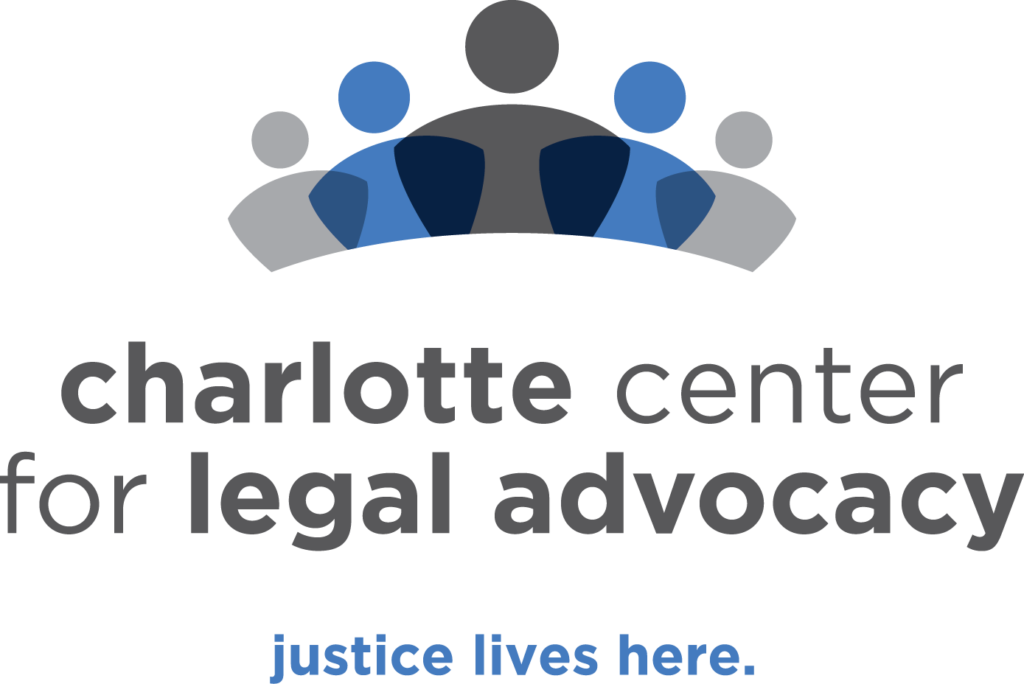Friends,
For the past month, many have followed the trial of former police officer Derek Chauvin who killed George Floyd last May. We thank the prosecution and courageous witnesses who took the stand and recounted this traumatic event in the pursuit of justice and accountability for Floyd’s family. Yesterday, the jury unanimously convicted Chauvin on all charges—of second- and third-degree murder and manslaughter.
This has been a pivotal year for the Black Lives Matter movement. We extend our gratitude to the organizers of protests, community discussions, and mutual aid efforts this year and beyond. Without your dedicated and persistent work, we would not have witnessed yesterday’s affirmation that Black lives do matter. You have our ongoing support and appreciation.
The conviction of a single police officer cannot be the close to the protests of the past year and advocacy for and by marginalized communities of the last four hundred years. As Daunte Wright’s mother, Katie Wright proclaimed, “Everybody keeps saying ‘justice.’ But unfortunately, there is never going to be justice for us. Justice would bring our son home.”
Many families of victims of police brutality and racialized violence still have not received this justice. Police and white supremacists have also unjustly killed Breonna Taylor, Ahmaud Arbery, Eric Garner, Eric Reason, Atatiana Jefferson, Antwon Rose II, Botham Jean, Sandra Bland, Philando Castile, Jordan Davis, Trayvon Martin, Tamir Rice, Aiyana Stanley-Jones, Emmett Till, Addie Collins, Denise McNair, Carole Robertson, Cynthia Wesley, Daunte Wright, Adam Toledo, Ma’Khia Bryant and thousands of others.
We must reimagine what justice means for American society. Standalone convictions do not reduce the need for comprehensive policy change and genuine justice.
True justice ensures no parent, child, sibling, or friend will fear police will target their loved ones. True justice guarantees everyone has an equal opportunity for success and happiness in this country. We will continue towards the pursuit of this true justice, following those who have come before, partnering with the community on the ground, and calling in all who wish to walk with us.
In solidarity,
The staff at Charlotte Center for Legal Advocacy
